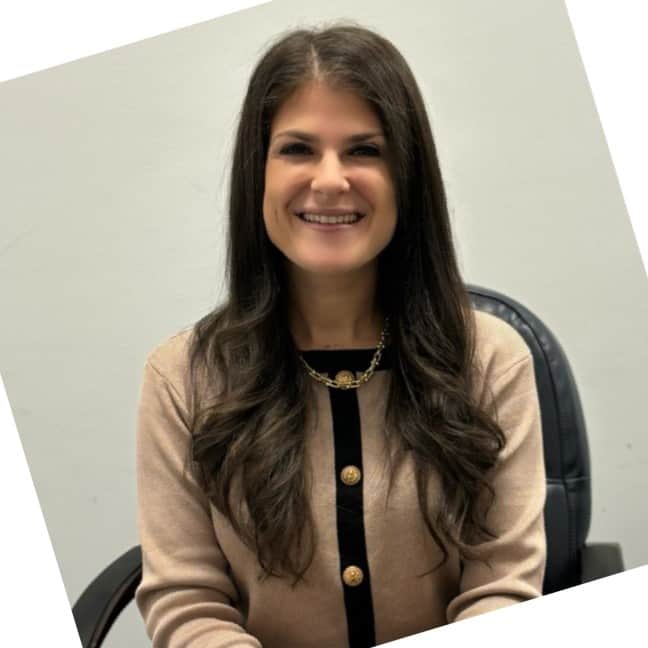Guide For Employers
The average adult spends about 2,000 hours a year at work, so if they have a substance abuse problem, there’s a very good chance it will impact their performance and potentially cause friction in the workplace. This can create a dysfunctional and sometimes dangerous professional environment, and as an employer you have a responsibility to the individual and the company to address the situation.
More than 70% of Americans with substance abuse issues continue to remain “functioning” and are able to maintain their employment, according to a report by the Harvard Medical School. However, their addictions cost businesses and organizations an average of $81 billion in lost profits every year, because of drop-offs in productivity, high turnover rates, theft in the workplace, decreased quality of work and increased absenteeism. Employees who struggle with alcoholism, for example, miss 34% more work days than other workers, the report found.
It is important, however, to remember that it is not your responsibility as an employer to diagnose or treat an employee’s addiction – only to take action if the problem affects their performance and puts them or the company at risk. You should always be aware of your company’s policy on substance abuse, and if your company has an Employee Assistance Program (EAP), you should know the parameters of what assistance it provides.
If you have reason to suspect that an employee has a substance abuse problem, you should consult with your Human Resources department and EAP representative and discuss a plan for how to approach the situation. When you meet with the employee, consider these guidelines:
- Keep the discussion centered on their job performance and conduct
- Clearly outline the company’s substance use policy
- Encourage them to use available resources such as your EAP
- Remind them that their job may be at risk if these issues are not corrected
- Offer support without enabling
- Discuss your company’s guidelines for employee leave for substance abuse treatment
We’ve Helped Thousands of Individuals Overcome Drug and Alcohol Addiction
Signs That An Employee May Have A Substance Abuse Problem
It is not always easy to recognize when an employee or coworker is addicted to drugs or alcohol. The symptoms of drug or alcohol misuse are not always clearly evident, and people who have a substance abuse problem often go to great lengths to hide their addiction, especially at work. Even so, there are sometimes signs that someone has a problem.
Job-related symptoms include:
- Sharp decline in performance
- Calling in sick frequently
- Making a lot of mistakes
- Making excuses for absences and mistakes
- Falling asleep at work
- Failure to follow company policies and processes
Behavioral and physical symptoms include:
- Acting paranoid or overly defensive
- Trouble concentrating or paying attention
- Noticeable decline in personal hygiene
- Red or watery eyes
- Very large or small pupils
- Trouble walking steadily
- Frequent runny nose
- Generally erratic behavior
None of these signs alone necessarily signal that someone has a substance abuse problem, of course, but if you notice sudden changes in a person’s behavior and appearance, you should be concerned. If they have an addiction, it has likely been evident in their family and social life and they may be experiencing more personal and financial difficulties than they exhibit at work.
Frequently Asked Questions About Employers And Substance Abuse
Can my company require drug tests? Consult with your HR department about local, state and federal laws, but in general, an employee can be tested for drugs if they exhibit unsafe behavior in a single instance or if they have a pattern of behavior that leads you to suspect they may be using drugs. You can also test if they are involved in an accident while at work.
Should I conduct an intervention? As an employer or supervisor, you should not try to conduct an intervention on your own. Talk to your HR department and EAP manager about whether a group of co-workers might want to hold an intervention with a colleague to express their concern and sadness in an effort to persuade that person to seek treatment for substance abuse.
Am I required to offer leave for substance abuse treatment? Employee leave is a complicated issue because it is governed by federal laws that stipulate how long an employee can be out, and for what reasons. The Family and Medical Leave Act requires that workers must be given up to 12 weeks off to deal with “serious health conditions” without fear of losing their job. This includes substance abuse, but they must prove they use the time to get professional treatment. Employees may also take disability leave to get help for substance abuse issues, but again, they must have documented evidence that they are using the time getting treatment for their addiction. In these cases, you should prepare a “return to work agreement” that documents the expectations of their treatment, the duration and the expectations for when and how they return to work.
What are the responsibilities of managers and co-workers? As a supervisor, you should monitor the work of anyone suspected of substance abuse and keep clear documentation of issues related to their performance and/or attendance. As a peer or co-worker, you may be torn between wanting to help someone and not wanting them to get in trouble. But you should never try to resolve the issue on your own; always bring your concerns to the attention of supervisor. You may also consider contacting HR or your EAP manager anonymously.
Which professions are most likely to have substance abuse problems? Among the most high-risk occupations are health care professionals, which includes doctors, nurses and pharmacists. Studies show that up to 15% of health care workers will abuse or misuse drugs at some point in their life. Other high-risk jobs include restaurant workers (they are often constantly exposed to alcohol), law enforcement personnel (their job can put them in stressful, dangerous situations daily), and people in the farming, forestry and fishing industries (they are often in isolation for long periods of time).
Call Right Path Rehab Today To Find Out More About How You Can Help Your Employees In Need!
Recovery Starts at Our Drug and Alcohol Rehab by Requesting a Call
"*" indicates required fields

Insurance Can Cover up to 100% of The Costs of Addiction Treatment and Mental Health Care
Did you know that insurance can cover up to 100% of the costs of addiction treatment and mental health care? Our addiction treatment center accepts most insurance plans. For a free insurance benefits check complete our confidential insurance verification form by clicking the link below.













